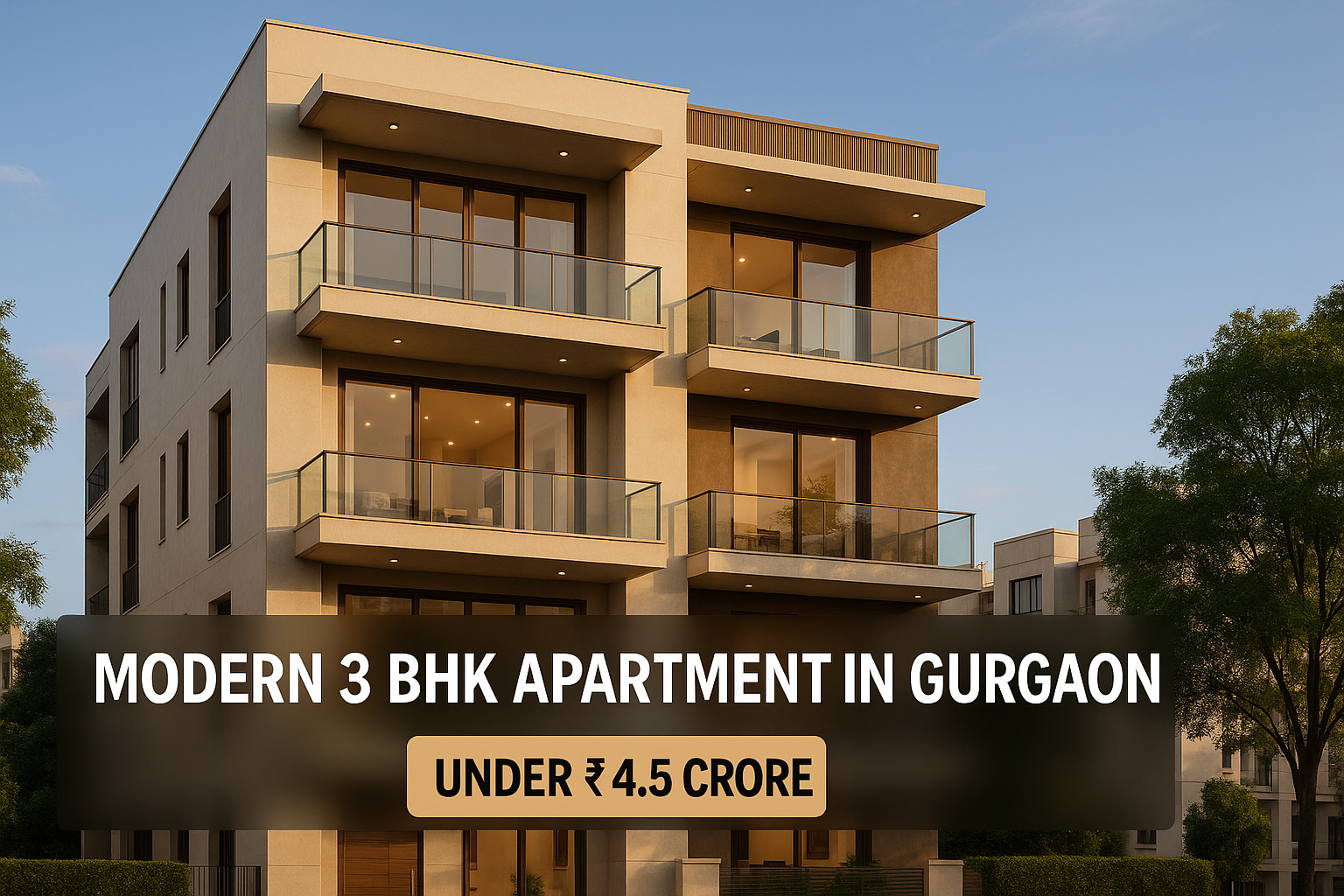Mysuru’s B Khata Drive: Bringing Unauthorized Properties Under the Tax Net
Have you ever wondered how cities manage revenue from the thousands of properties within their jurisdiction? Or what happens when people build homes or shops without proper approval? Mysuru, the charming cultural capital of Karnataka, is facing just that issue—and now, they’re taking action.
In a significant move, the Mysuru City Corporation (MCC) is rolling out a ‘B Khata Drive’ aimed at regularizing thousands of unauthorized properties. This initiative not only helps boost revenue for urban development but also gives property owners a way to come clean and stay legally secure.
What Is the B Khata System?
Before we dive into what Mysuru is doing, let’s break down what a B Khata actually is.
Think of it like this: imagine you’ve moved into a nice apartment but later find out it’s not officially registered with the authorities. It might look fine on the outside, but on paper, it’s not fully legal. That’s where the B Khata comes in—it’s a way for your property to be temporarily recognized for tax purposes, even if it doesn’t meet all the building regulations.
The term “Khata” simply means an account. A B Khata is not a property title deed but just an account of property tax for structures that haven’t met all the legal norms. It’s different from an A Khata, which is granted to fully legal and compliant properties.
Why Mysuru Is Pushing for B Khata Now
The MCC has identified thousands of properties across the city that have been built without proper permissions. Thanks to loopholes or just lack of awareness, many residents have constructed homes or shops that are technically unauthorized.
According to officials, nearly 60,000 such properties exist across 65 wards in Mysuru. That’s a huge chunk of missed tax revenue—and also a city planning headache.
So what’s the solution? The MCC has launched this B Khata initiative to:
- Bring unauthorized properties into the tax net
- Boost civic revenue for improving infrastructure and services
- Encourage property owners to become compliant
How the B Khata Drive Works
The scheme is pretty straightforward. Property owners with unauthorized buildings can voluntarily come forward and apply for a B Khata. This will allow them to pay taxes and obtain temporary regularization.
Here’s what the MCC plans to do:
- Digitally track and assess unauthorized structures using satellite and drone mapping
- Issue digital Property Identification Numbers (PID) to each building
- Deploy officers to meet with communities and raise awareness about the drive
It’s a smart move. By encouraging people to register on their own, the MCC is hoping to avoid heavy-handed legal action while still expanding their tax base.
Who Benefits From This Initiative?
The B Khata drive isn’t just about collecting taxes—it has real benefits for both the government and the citizens.
For the local government:
- Extra tax revenue means more money for roads, streetlights, sanitation, and other public amenities
- Better urban planning through accurate property mapping
For the residents:
- A sense of legal security—even if the property isn’t fully compliant now, it becomes trackable in the civic system
- Access to better civic services such as water supply, waste collection, and roads
Some Concerns and Misconceptions
Some property owners worry that coming forward may result in penalties or demolition notices. But the MCC is making it clear: this drive is not about punishment.
Instead, it’s a bridge—a chance for property owners to transition from the shadows into legal recognition. Of course, a B Khata is not equal to full property regularization, nor does it act as a property title. It’s more like a baby step toward becoming fully legal in the eyes of the city.
Still, many residents remain hesitant. That’s why the MCC plans to hold outreach programs to educate people and ease their fears.
What Should Property Owners Do?
If you own a property in Mysuru that hasn’t been approved or sanctioned, now is a good time to act. Here’s what you can do:
- Gather your property documents—sale deed, electricity bill, survey map, and any previous tax receipts
- Visit the MCC office or portal to apply for B Khata registration
- Consult a property lawyer if you’re unsure about your property’s legal status
With digital mapping tools and a more transparent system coming into play, regularizing properties now may save you a lot of hassle later. Remember, compliance today protects your home’s value and usability in the future.
Looking Ahead: A Smarter Civic System
The B Khata Project is just the beginning. MCC is also working to integrate a Geographical Information System (GIS) for better urban management. In the long term, they plan to eliminate manual errors and streamline property-related services.
Imagine a city where all properties are mapped, tax records are up-to-date, services reach every corner, and future development is better planned. That’s the vision. And B Khata is one step toward achieving it.
Wrapping It Up
Unauthorized buildings are a real problem, not just in Mysuru but across many Indian cities. They clog civic systems, reduce revenue, and complicate urban planning. But instead of punishing homeowners, Mysuru is offering a way forward—through voluntary disclosure, digital mapping, and property tax inclusion.
So, whether you’re a property owner in Mysuru or just someone curious about how cities manage growing populations, this drive is a great example of how urban administration can balance fairness with development.
Are you a property owner in Mysuru? Don’t wait for a notice—take this chance to register your property and become part of the city’s official records. It’s a win-win: better services for you and more resources for the city.
That’s how cities grow—by working together, one property at a time.
Stay tuned for more updates on local governance, civic planning, and property laws in India’s fastest growing cities.


